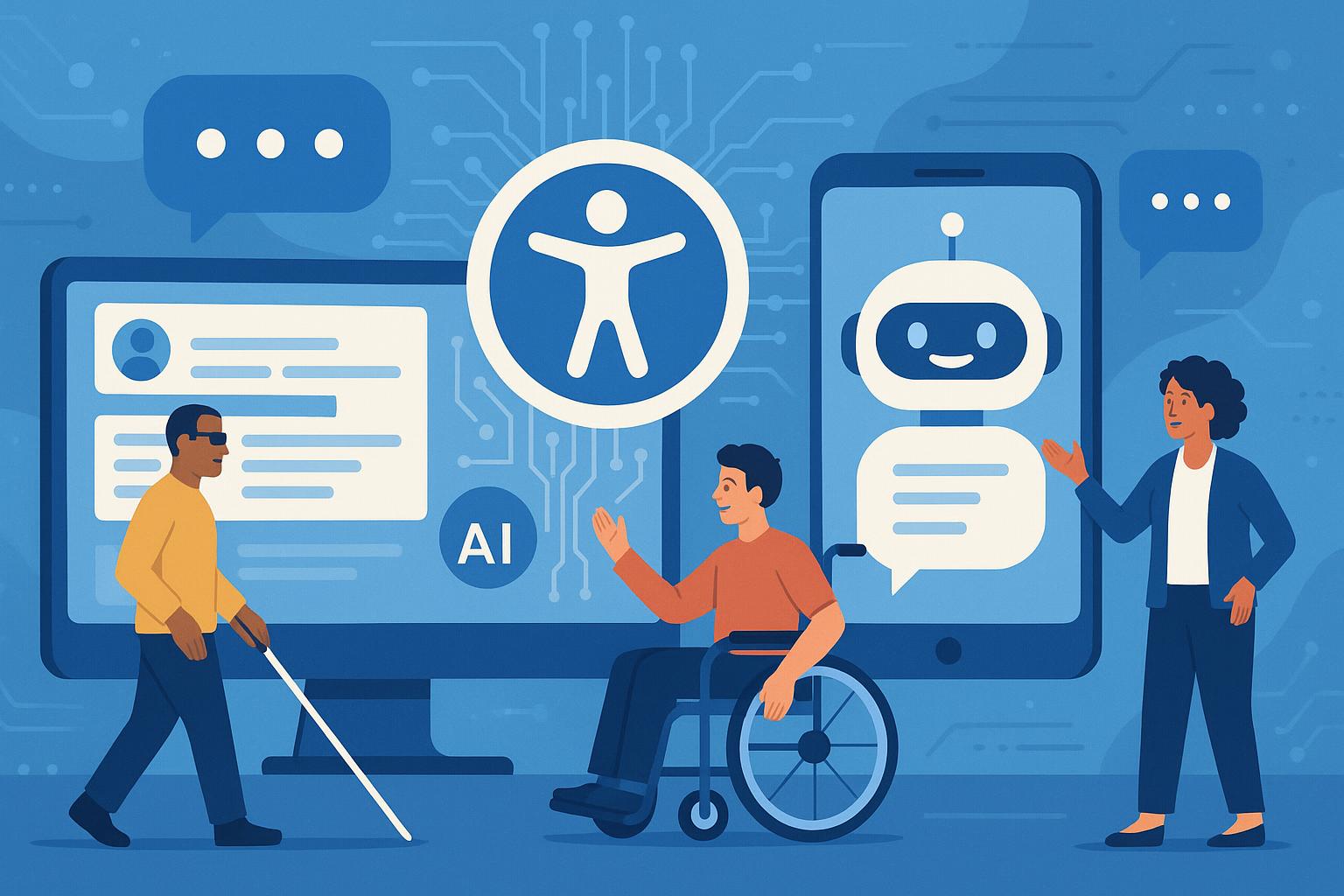Digital Transformation in Practice: Insights from Industry Leaders
In the digital era, innovations in technology have profoundly altered business operations across diverse sectors. Digital transformation entails the full integration of digital technology into all business aspects, revolutionizing how they operate and enhance customer value. This article delves into practical examples from healthcare, finance, retail, and manufacturing to highlight successful digital transformation strategies and their key takeaways.
1. Healthcare: Revolutionizing Patient Care through Technology
Significant transformations in the healthcare sector have enhanced patient care and operational efficiencies. A prime example is the adoption of Electronic Health Records (EHRs). By migrating from paper to digital records, healthcare facilities have streamlined the management of patient information, expediting services and minimizing errors.
- Case Study: Telemedicine Implementation - A prominent hospital network launched a telemedicine program that enables patients to engage in consultations with doctors via video conferencing. This initiative not only alleviated the demand on healthcare facilities but also extended service reach to remote patients.
- Impact: This led to heightened patient satisfaction and a significant 30% decline in readmission rates.
- Lessons Learned: Key success factors included comprehensive IT support and stringent patient data security measures.
2. Finance: Enhanced Security and Customer Service
Financial sectors have harnessed digital transformation to bolster security and enhance customer service, with AI and machine learning playing pivotal roles in fraud detection and personalizing customer experiences.
- Case Study: AI-Driven Fraud Detection - A global bank implemented an AI system to scrutinize transactions and identify potential fraud in real-time.
- Impact: The system contributed to a 40% reduction in fraud instances, thereby bolstering customer trust.
- Lessons Learned: The effectiveness of AI systems depends on the quality of data and ongoing training of AI models.
3. Retail: Transforming Customer Interactions
Retail has seen a digital revolution, particularly in customer engagement and supply chain optimization. The industry leverages technologies for personalized marketing and efficient inventory management, yielding substantial benefits.
- Case Study: Omnichannel Customer Experience - A leading retailer created an integrated shopping experience accessible online, via mobile devices, and in physical stores.
- Impact: Achieved a 50% surge in online sales and an increase in customer retention.
- Lessons Learned: Effective omnichannel strategies require seamless integration and consistent customer communication.
4. Manufacturing: Boosting Efficiency with IoT
The manufacturing industry benefits greatly from incorporating the Internet of Things (IoT). IoT sensors and devices facilitate real-time equipment monitoring, enabling predictive maintenance and lessening downtime.
- Case Study: Smart Factory Solutions - An automotive manufacturer integrated IoT sensors to track machine performance and anticipate breakdowns before they occur.
- Impact: Noted a 20% boost in production efficiency and a 25% decrease in maintenance costs.
- Lessons Learned: Employee training and technological engagement are essential for effective implementation and adoption.
Conclusion
Digital transformation transcends mere technology adoption; it's about redefining business operations and value delivery. Each sector faces unique challenges and opportunities on this journey. The discussed case studies offer insights into how different industries have successfully managed these transformations. For companies embarking on digital transformation, strategic planning, continuous training, stringent data security, and prioritizing customer experiences are crucial. Embrace change, leverage new technologies, and focus on continuous improvement to succeed in the digital landscape.
Whether involved in healthcare, finance, retail, or manufacturing, these industry lessons can guide your digital transformation strategy, helping your business thrive in the digital age.















